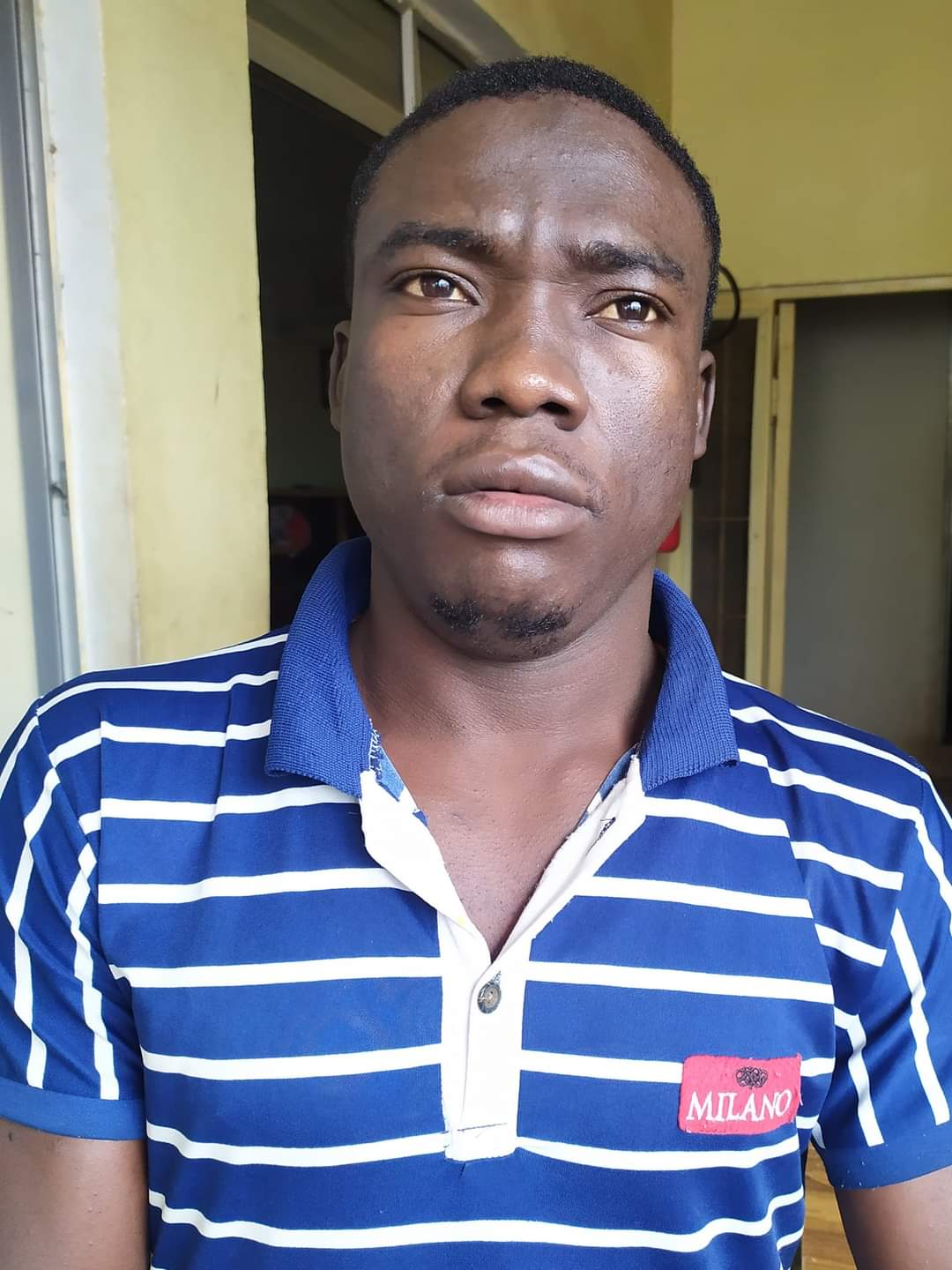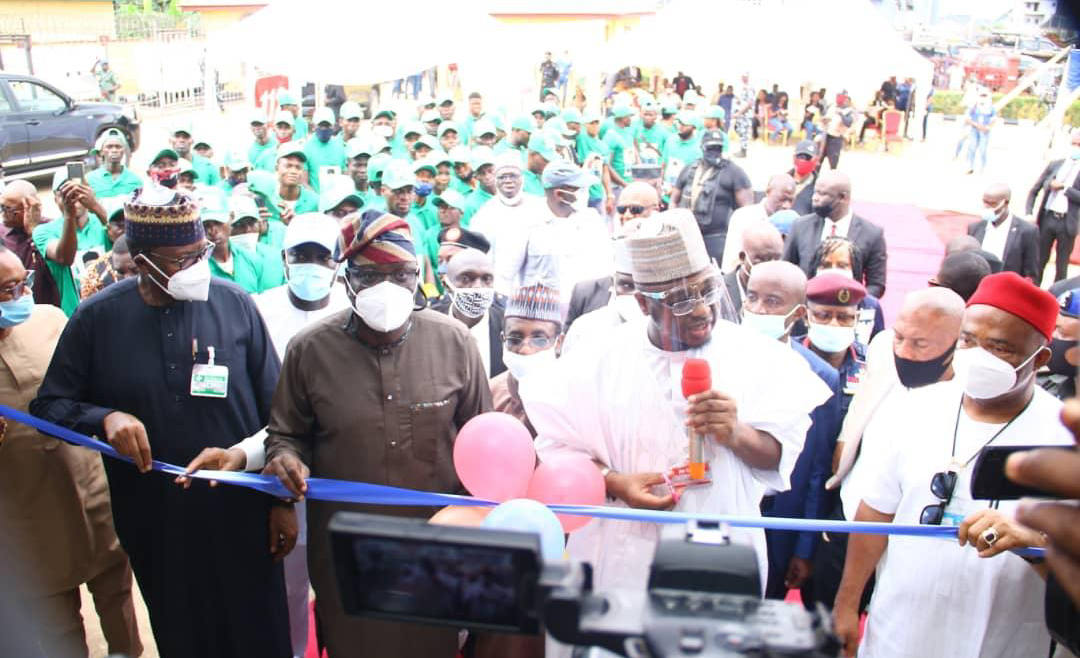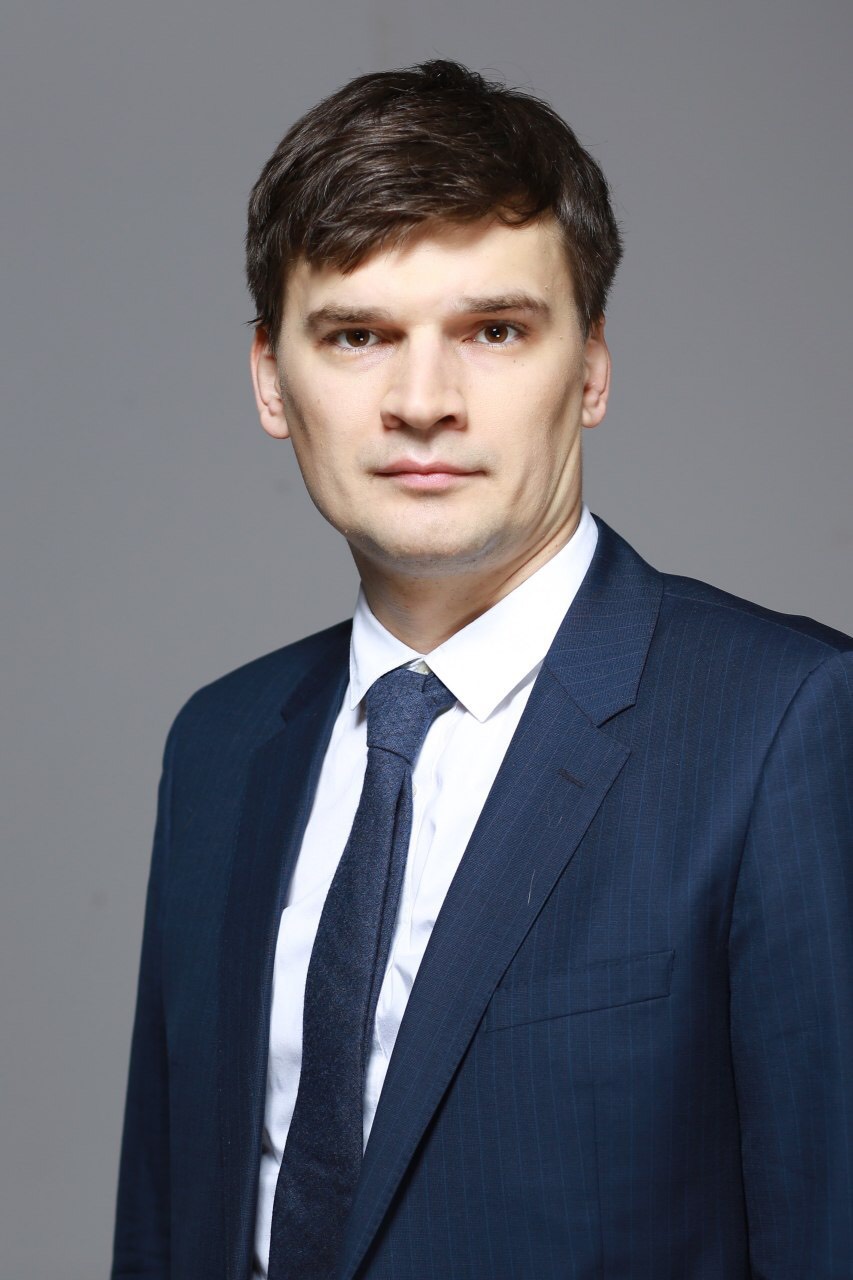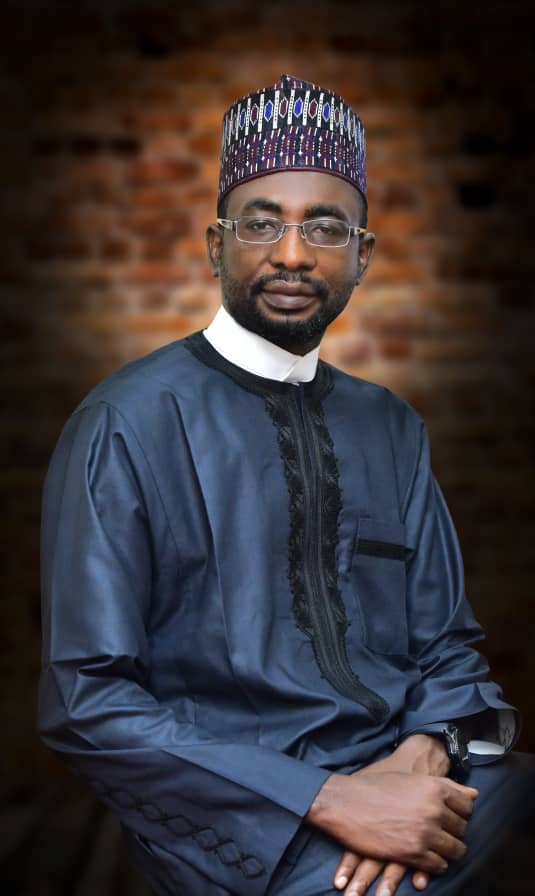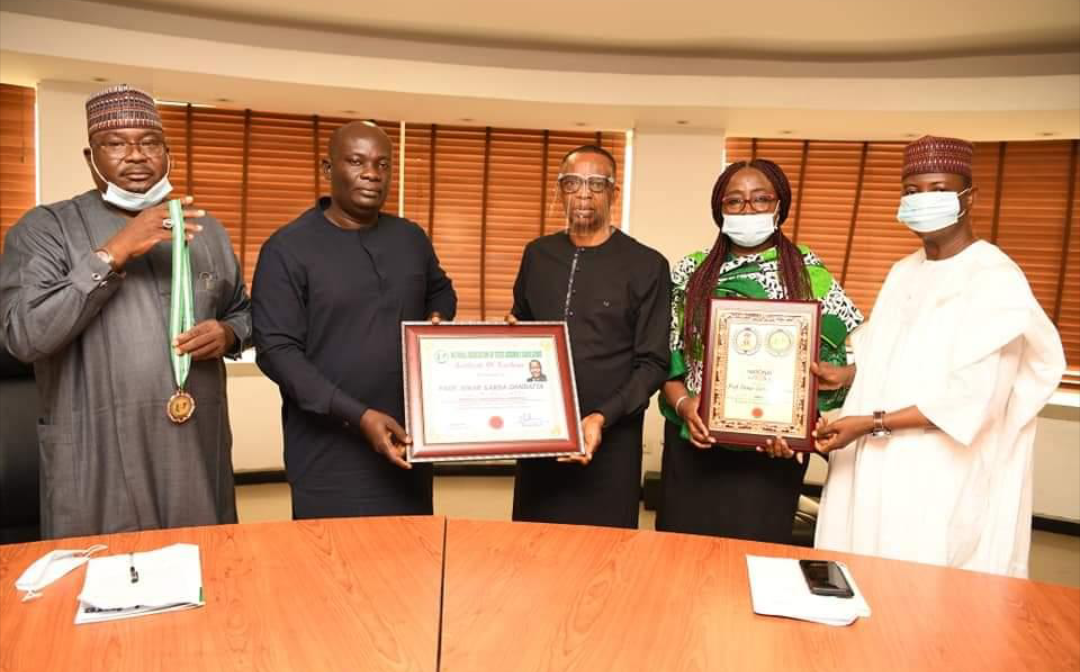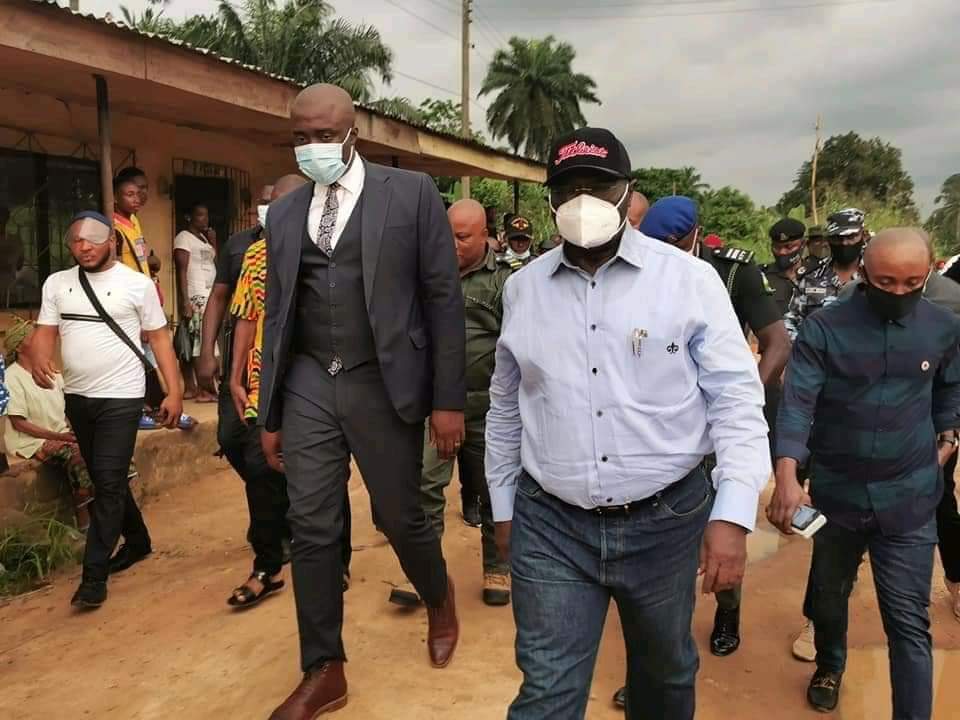– As Pantami commissions Imo ECC
The Executive Vice Chairman/CEO of the Nigerian Communications Commission (NCC), Prof. Umar Garba Danbatta, has disclosed that over 1,500 COVID-19-related calls were received and processed through the Commission’s Emergency Communications Centres (ECCs) in the peak of the pandemic in Nigeria.
The EVC made this disclosure during the commissioning of the ECC in Owerri, Imo State over the weekend by the Honourable Minister of Communications and Digital Economy, Dr. Isa Ali Ibrahim Pantami.
The event which was hosted by the Executive Governor of the State, Sen. Hope Uzodimma, had in attendance, the Chairman, NCC Board of Commissioners, Prof. Adeolu Akande; Chief Uche Onwude, NCC Board Member; Mr. Kashifu Inuwa Ibrahim, Director General of the National Information Technology Development Agency (NITDA), among other dignitaries.
According to Danbatta, “During the total lockdown occasioned by the COVID-19 pandemic, the ECCs played a remarkable role by providing a platform for members of the public to seek lifesaving information or support and reporting COVID-19 related cases by dialling ‘112’ from any of the networks. I am happy to report to you that over 1,500 COVID-19-related calls were received and processed by the ECCs in the peak of the pandemic.”
The EVC said the ECC project, equipped with necessary Information Technology (IT) tools and personnel, is a one-stop shop through which members of the public can access help from any response agency, stating that the centre is essentially aimed at enhancing the security of lives and property of the citizens.
He listed the response agencies to include the Nigeria Police (NPF), the Federal Road Safety Commission (FRSC), the Nigerian Security and Civil Defence Corps (NSCDC), the Fire and Ambulance Services, the National Emergency Management Agency (NEMA) and all its affiliate State Emergency Management Agencies, among others.
While restating the Commission’s commitment to operationalise the ECCs in all the 36 states of the Federation and the Federal Capital Territory (FCT), Abuja, the EVC said 19 ECCs have been activated so far. The beneficiary states include Katsina, Kaduna, Kano, Kwara, Ogun, Plateau, Enugu, Benue, Akwa-Ibom, Cross-River, Oyo, Edo, Ondo, Ekiti, Adamawa, Kogi, Anambra and Imo States and FCT.
“We have no doubt that, if put to maximum use, and kept functional at all times, the ECC facilities will serve to complement the State Government’s efforts at enhancing the security of lives and property of citizens,” Danbatta said.
Speaking during the tour of the ECC facilities, the Minister thanked the State Government for giving the necessary support to the NCC to facilitate successful implementation of the project, which has been bringing succor to the people Imo State.
He assured of President Muhammadu Buhari’s commitment to support more initiatives aimed at achieving the tripartite agenda of the President which focuses on addressing security issues, improving the economy and curbing corruption.
The Minister noted that the country’s economy will reap huge benefits from effective implementation of more Information and Communication Technology (ICT)-driven projects across the country.
The Executive Governor of Imo State, Sen. Hope Uzodimma, thanked the Minister and the NCC for the ECC initiative, which he said has enhanced security of lives and property in the State.

